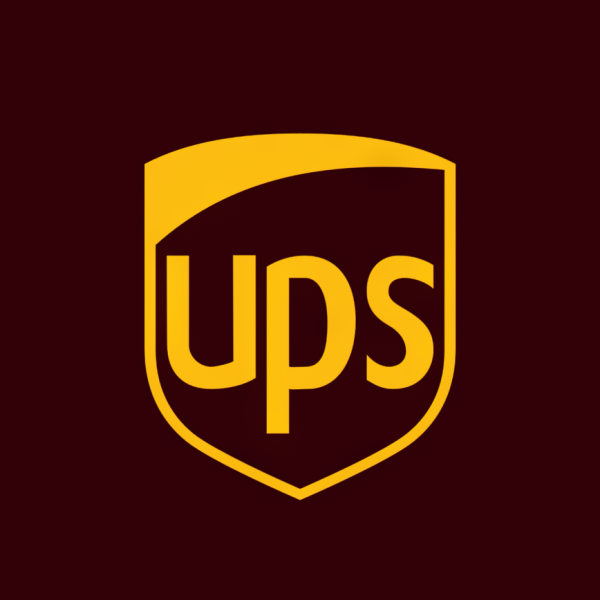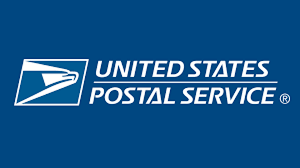Customs Clearance Overview
Customs clearance is a mandatory process for all international shipments, requiring documentation and compliance with the regulations of both the exporting and importing countries. Our expert team handles this complex process on your behalf, ensuring your shipments clear customs smoothly and efficiently.
Note: Customs clearance is required for all commercial shipments valued over €150 and may be required for lower-value shipments depending on the destination country's regulations.
Why Customs Clearance Matters
Proper customs clearance ensures that your international shipments:
- Comply with all import and export regulations
- Are assessed for correct duties and taxes
- Avoid delays, seizures, or penalties
- Meet all security requirements
- Receive proper documentation for legal compliance
Customs Clearance Process
Our streamlined customs clearance process ensures your international shipments move smoothly across borders:
Document Preparation
We prepare all required documentation including commercial invoices, packing lists, and certificates of origin based on the information you provide.
Customs Declaration
Our customs brokers submit electronic declarations to the relevant authorities, including HS code classification and value declaration.
Duty & Tax Assessment
Customs authorities assess applicable duties, taxes, and fees based on the goods' value, type, and origin.
Payment Processing
We pay all assessed charges on your behalf (with reimbursement) or facilitate your direct payment to customs authorities.
Clearance & Release
Once all requirements are met, customs authorities release the shipment for delivery to the final destination.
Typical clearance times: 24-48 hours for standard shipments, but may vary based on shipment type, value, and destination country regulations.
Required Documents
Proper documentation is essential for successful customs clearance. The exact requirements vary by country and shipment type, but typically include:
Commercial Invoice
Detailed invoice showing value, description, and terms of sale
Packing List
Itemized list of contents, weights, and dimensions
Certificate of Origin
Documentation verifying where goods were manufactured
Bill of Lading
Contract between owner and carrier for transportation
Important: Inaccurate or incomplete documentation is the leading cause of customs delays. Our team will verify all your documents before submission to prevent issues.
Prohibited & Restricted Items
Most countries prohibit or restrict certain items from importation. While restrictions vary by destination, common regulated items include:
Commonly Prohibited Items
- Counterfeit goods and pirated copies
- Illegal drugs and narcotics
- Weapons, firearms, and ammunition
- Endangered species and products made from them
- Hazardous materials (explosives, flammable liquids, etc.)
Commonly Restricted Items (Require Special Permits)
- Pharmaceuticals and medicines
- Alcohol and tobacco products
- Food, plants, and agricultural products
- Cultural artifacts and antiques
- Precious metals and stones
- Electronics with wireless capabilities
Warning: Attempting to ship prohibited items may result in seizure of goods, substantial fines, and legal consequences. Always check destination country regulations before shipping.
Duty & Tax Calculator
Estimate potential customs duties and taxes for your international shipment:
Customs Duty Estimator
Estimated duties and taxes
This is an estimate only. Actual charges may vary based on exact product classification and current regulations.
Frequently Asked Questions
The recipient is typically responsible for paying customs duties and taxes upon import. However, as the shipper, you can choose to prepay these charges on behalf of your recipient. We offer both options - recipient payment or shipper prepayment.
Standard customs clearance typically takes 24-48 hours for properly documented shipments. However, several factors can affect clearance times:
- Complex shipments may require additional screening (3-5 days)
- Incomplete documentation can cause significant delays
- Certain restricted items require special permits (additional 2-7 days)
- Holidays and weekends may extend processing times
An HS (Harmonized System) code is an internationally standardized system of names and numbers for classifying traded products. These codes are used by customs authorities to:
- Identify products for customs declarations
- Determine applicable duty rates
- Monitor controlled goods
- Compile trade statistics
Using the correct HS code is essential for proper duty assessment and compliance. Our customs specialists will help determine the appropriate codes for your shipments.
Need Help With Customs Clearance?
Our team of customs experts is ready to assist with your international shipping needs
Contact Our Customs Specialists







